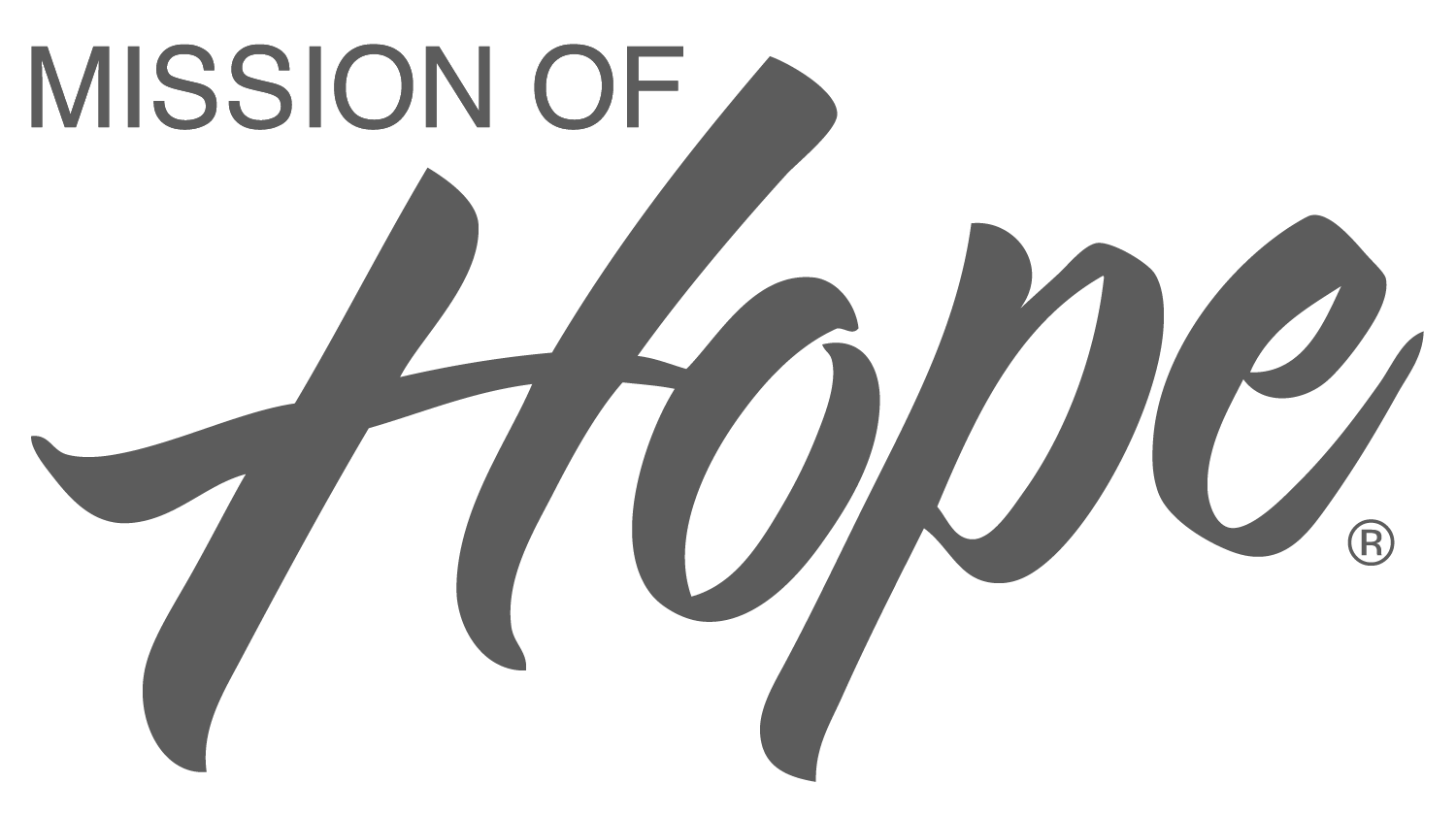INTERNALLY DISPLACED PEOPLE
Presently there are 362,551 IDPs in Haiti due to the recent uptick in violence in Haiti
WHAT IS AN IDP?
- Internally Displaced People (IDP) are individuals and families who have been forced to leave their homes. Unlike refugees, they haven't crossed an international border.
- IDPs are not just a statistic, but people uprooted from their normal lives.
Internally Displaced People (IDPs) are ordinary people. They had jobs, families, and lives in their communities. However, due to the increased violence in the country and diminishing resources in certain regions, they have been forced to flee their homes within Haiti and seek safety elsewhere in the country.
WHY ARE THERE IDPS CURRENTLY IN HAITI?
- Haiti has historically experienced displacement due to natural disasters natural disasters such as hurricanes and earthquakes.
- However, the recent influx of people leaving their homes has been a result of the increase in gang violence or civil unrest.
WHAT IS THE IMPACT ON FAMILIES?
- Loss of Security and StabilityHomes destroyed, families separated, fear for safety.
- Struggle to Meet Basic NeedsDifficulty finding food, water, shelter, and healthcare.
- Education DisruptedChildren miss school, impacting their future opportunities.
- Psychological TraumaWitnessing violence, displacement, and consistent fear of the future can lead to long-term emotional stress.
Being an IDP has a devastating impact on families. They lose their sense of security and stability, facing challenges in meeting basic needs like food and shelter. Children's education is disrupted, and the experience can be emotionally traumatic for everyone. IDP relocation sites can be crowded and often difficult living conditions. Women and children are particularly vulnerable and are statistically often the majority of those displaced.
WHAT IS THE IMPACT ON COMMUNITIES?
- Increased Demand for basic necessities
- Limited resources like water, food, and sanitation are stretched thin.
- Heightened Security Risks
- Gang violence and competition for resources can create tension and civil unrest
- Strained Housing
- Often those who have been displaced will not have a home to return to, creating long-term strain on host communities
- Increased Mortality
- Displaced persons suffer significantly higher rates of mortality than the general population, as those who are forced to flee are subject to heightened vulnerability (physical attacks, sexual violence, abduction, etc).




